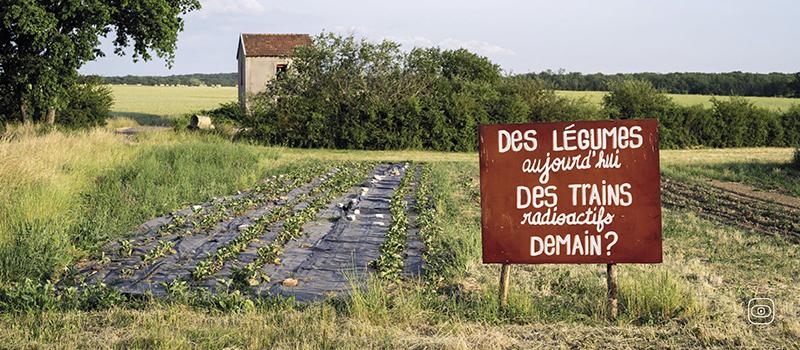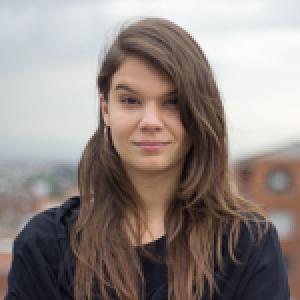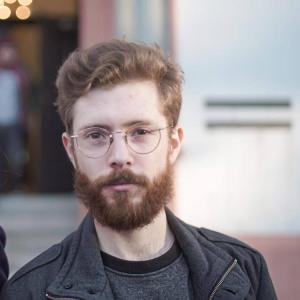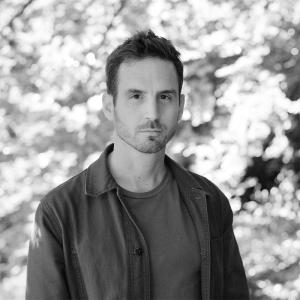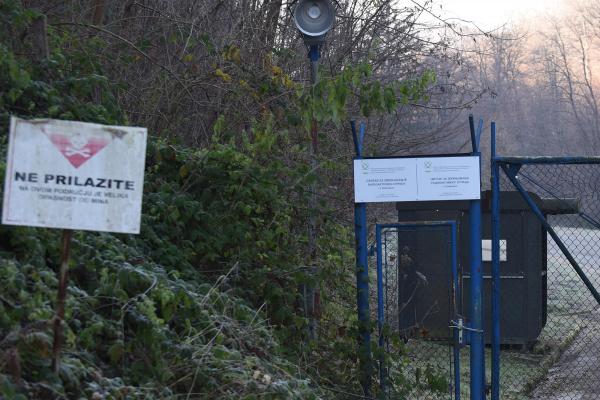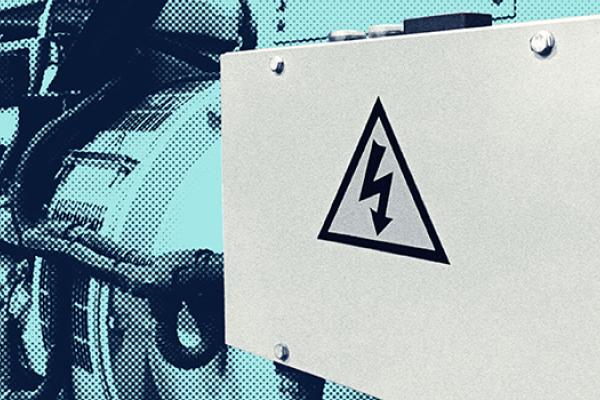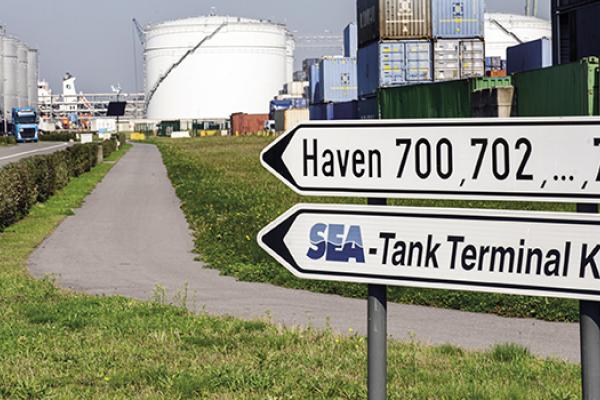2023 was a pivotal year for the nuclear industry in Europe. In Finland, the first EPR started producing electricity. France passed a law to facilitate the construction of 6 – and up to 14 – new reactors. At the same time, Germany officially phased out nuclear power and closed off its last three plants. What all these countries have in common is a shared uncertainty about a future with nuclear waste.
What does this future look like? A team of three journalists tried to answer this question meeting people who will soon be living next door to nuclear waste repositories. Their attitudes range from active opposition to quiet acceptance. In some countries the protest movements seem to be louder and more pronounced than in others - but this is not always reflected in political decisions.
In his documentary project, photographer Maxime Riché portrayed the people he met and the places he visited. His aim was to create an picture of what it will mean for humanity to live with nuclear waste for thousands of years to come. The journeys resulted in a series of articles published in Reporterre.
The other articles focus on the relevance of democratic values, such as transparency or the right to protest, in relation to the proposed storage of nuclear waste. Are the democratic processes enabled or respected? The journalists compared the tensions, or lack the lack of them, in all three countries.
IMPACT
A month after our first publication about Finland's nuclear waste deposit, an article from Agence France Presse mentioned the scientific debate around the deposit method in Sweden. This information hadn't been so far mentioned in the French media.
